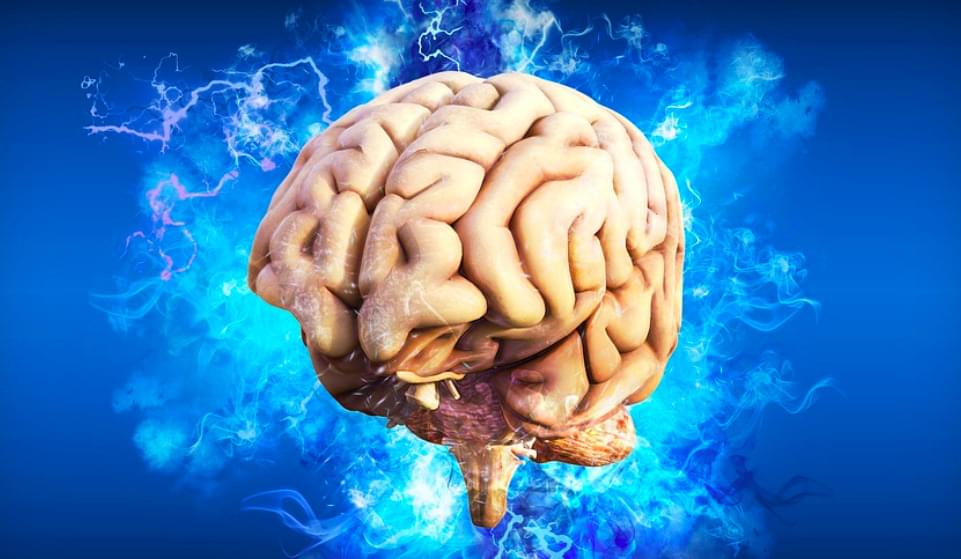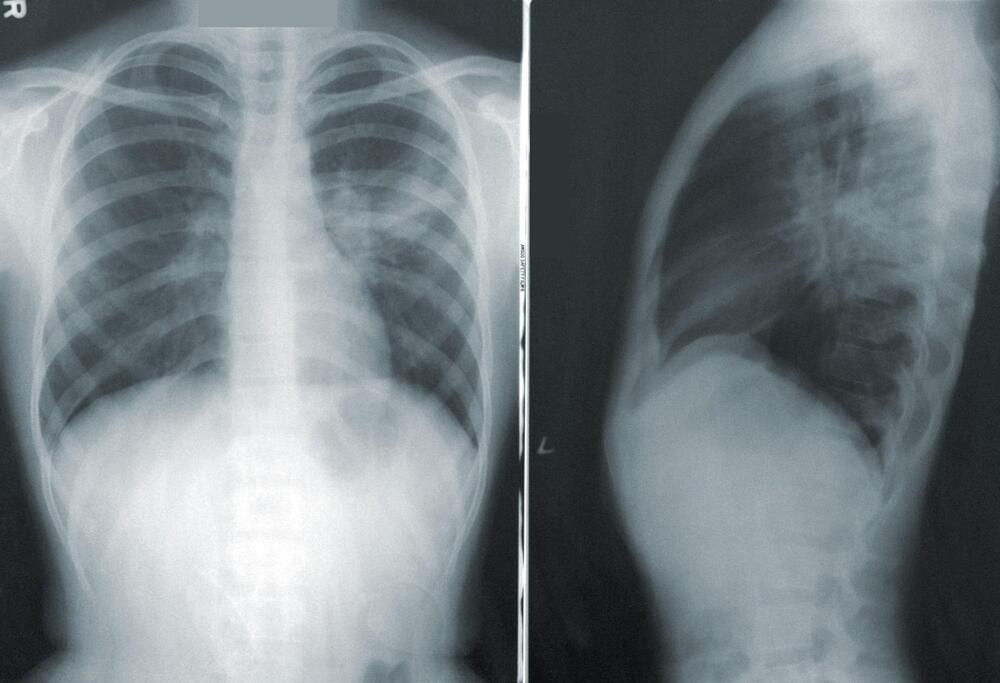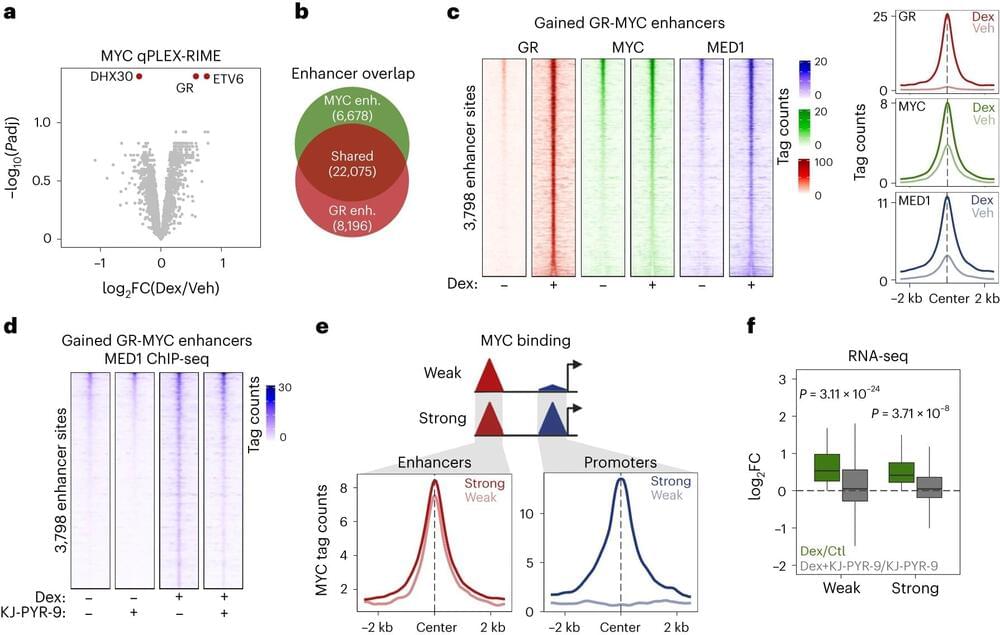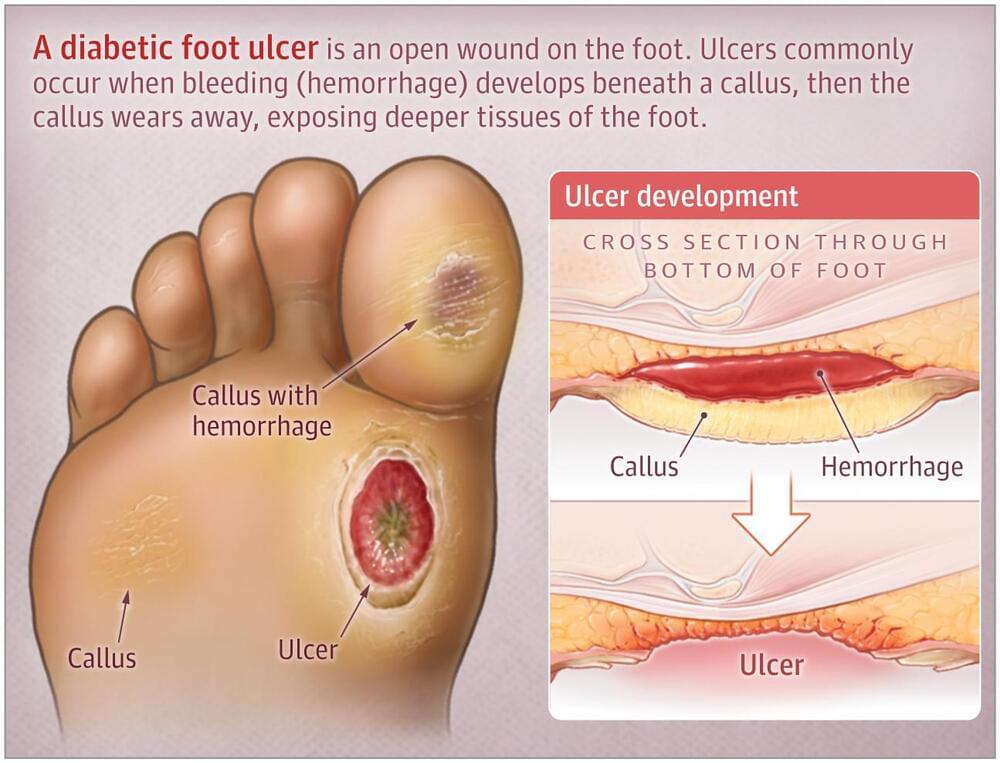Mar 9, 2024
Remission from B-Cell ALL with Chemo-Free Induction Therapy
Posted by Shubham Ghosh Roy in category: biotech/medical
Durable remission was achieved with front-line dasatinib plus blinatumomab in adults with Philadelphia chromosome-positive acute lymphoblastic leukemia.
NEJM Journal Watch reviews over 250 scientific and medical journals to present important clinical research findings and insightful commentary.


















